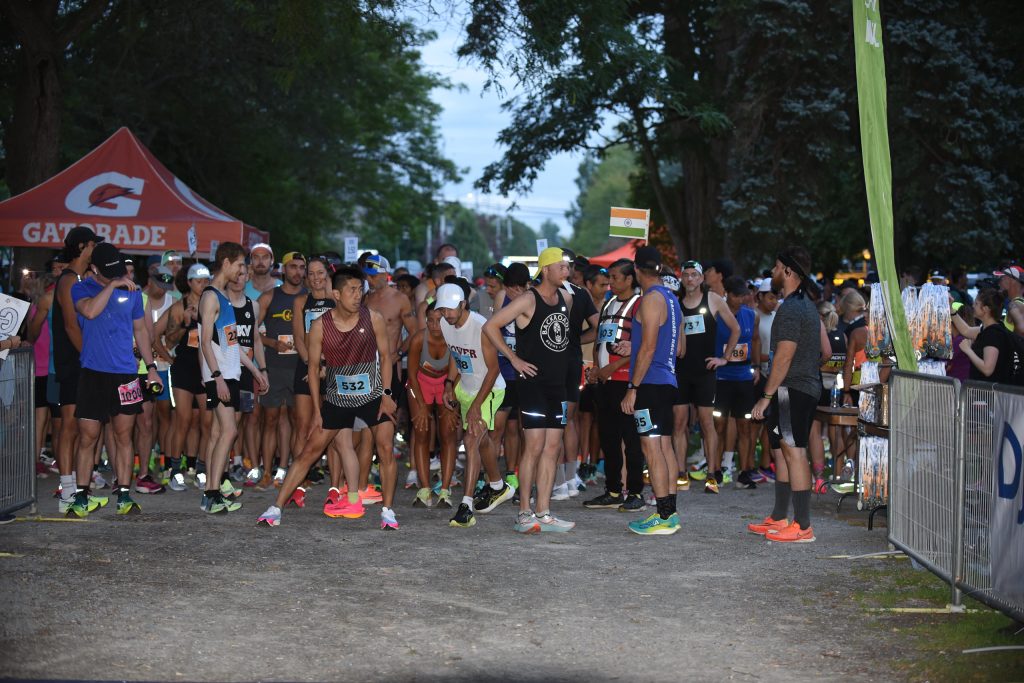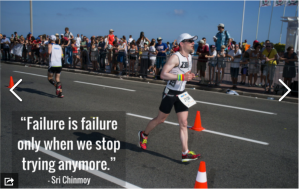Feeling race ready involves more than just a training plan. It also involves conquering some nerves!

Every athlete comes into race day with their unique story. This might be their first race ever – a new distance – a goal race – a comeback – or a dragon to slay! It’s safe to say that in most cases, pre-race nerves are real. And without a strategy to deal with them, they can make a big impact on how the race goes.
Here are a few thoughts on how to manage those nerves:
- Know what to expect of the course. If it’s hilly or requires a lot of turns, be prepared for that. If there is a long stretch of flat without scenery, be prepared for that. Physical and mental training – even if it’s simply knowing advance of what to expect – can help alleviate nerves. Taking some time to drive the course before race day is one of the simplest ways to become familiar with the course.
- Read the rules. Don’t assume every race is the same with respect to wearing earbuds, penalties for littering, carrying a phone, permitted bike or running gear. Triathlon has very specific rules for drafting and passing. Athlete guides are published before each race to give all athletes the opportunity to know the rules. Read it!
- Hydration and nutrition on the course. Even a short race can pose challenges if consideration isn’t given to what and how frequently hydration is available. A hot day or an upset stomach might require a change of plans – plan ahead. Know what works for you, and how you will carry it.
- Weather. Be prepared for changes, especially if traveling to a destination event. Assuming that the usual weather pattern will hold can lead to being unprepared for a sudden change of temperature or conditions.
- Know how to get there. Nothing is worse than leaving too little time on race day and feeling the pressure of not making the race site with enough time to use portalets or pick up a race kit.
- Make a list and pack in advance. Arriving without shoes, goggles or a helmet causes more panic than necessary. Consider whether throw-away clothes for a cold pre-race wait, or warm clothes for post-race chills might be worth packing.
- Perspective. Have a mental back up if the event doesn’t go as planned. Any number of situations can change the day, even with the best preparation. The day doesn’t have to be a write-off, and important lessons can be a valuable take away that could be worth more than that shiny medal.
- by Sandie Orlando, CLPT Coach



